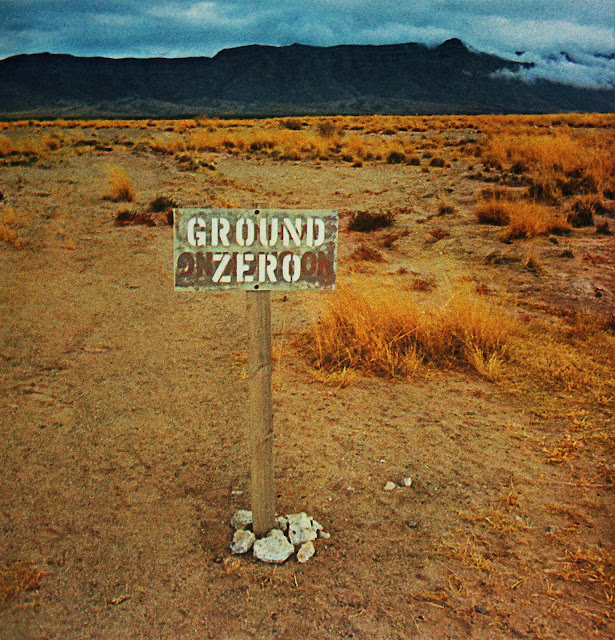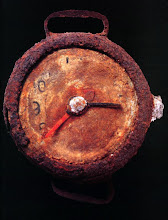By Anna Papaeti
& Áine Sheil
The death of
opera has been pronounced and debated almost since the inception of the art
form. Often criticized as a dated and costly medium, monopolizing the majority
of state funding for the arts, it appears to be addressed to a small, upper
middle-class, elitist and, in most cases, aging audience. This critique is one
of the most serious ones faced by opera houses internationally. Despite their
many (often imaginative) efforts to attract a wider public through education
departments, outreach programmes and technological dissemination (for example,
New York’s Metropolitan Opera’s High Definition cinema broadcasts or the Royal
Opera House Covent Garden’s Big Screens in public spaces), opera audiences do
not appear to be changing significantly in profile.[1]
Except in cases where opera houses are heavily subsidized by taxpayers, operatic
repertory is essentially focused on popular composers of the canon such as
Puccini, Verdi, Mozart and Rossini; Wagner remains for the most part the
reserve of larger, better-resourced companies. Although the rise of so-called director’s
opera, inspired by Regietheater, has led
to more complex and critical opera stagings in continental Europe and to a
lesser degree in the UK, many companies shy away from overtly political
productions, perhaps for fear of alienating patrons and harming box office
returns. The Metropolitan Opera’s recent staging of Wagner’s Der Ring des Nibelungen is telling.
Employing an impressive array of new staging technologies, its director, the
renowned Robert Lepage, disappointingly chose to convey Wagner’s story in a literal,
one-dimensional fashion, minimizing the multi-layered political, social and
historical aspects of the work. In effect, this production became part of the
culinary culture with which Bertolt Brecht famously associated opera in his
essay ‘The Modern Theatre is the Epic Theatre’, written in 1930. For Brecht, opera as
an ‘apparatus’ of entertainment establishes an attitude in the spectator that
is uncritical and ill-suited to reflection on social and political issues of
the day. Its ‘culinary’ aspect leads to an enjoyable
intoxication, mainly aimed at pleasure, entertainment and illusion – a
criticism he mounted in particular against Wagner’s music drama and the fusion
of the arts (Gesamtkunstwerk).[2]
A recent Greek-German collaboration between The Beggars’ Operas, Athens, and Neuköllner Oper, Berlin, brings back to the fore the question of opera’s relevance as a forum for critique, political intervention and debate. Although perhaps not strictly Brechtian, the two productions that have stemmed from this fruitful collaboration have put contemporary politics on stage, clearly taking on board Brecht’s critique of opera. Politics are not staged in the usual manner of a shallow reading of a work, highlighting obvious (often historical) political dimensions. On the contrary, urgent contemporary politics pervade the very core of the two productions undertaken so far, namely Yasou Aida! (2012) and AIRossini (2013). In both cases, Alexandros Efklidis (director), Kharálampos Goyós (composer) and Dimitris Dimopoulos (writer) have used certain core elements of old works, on which they have built a new contemporary story. Musically the works are adjusted for a small stage and a very small orchestra. In the case of Yasou Aida!, the music of Verdi’s Aida was used along with the opera’s colonial discourse to form the basis of a contemporary story about the economic neocolonializing policies in Europe and the crude national stereotypes stemming from the Greek economic crisis in the era of austerity. It received both box-office and critical acclaim. Glowing media responses were not restricted to cultural columns and were not solely published and broadcast in Germany and Greece (where it was staged), but also appeared in the international media (e.g. BBC News).




